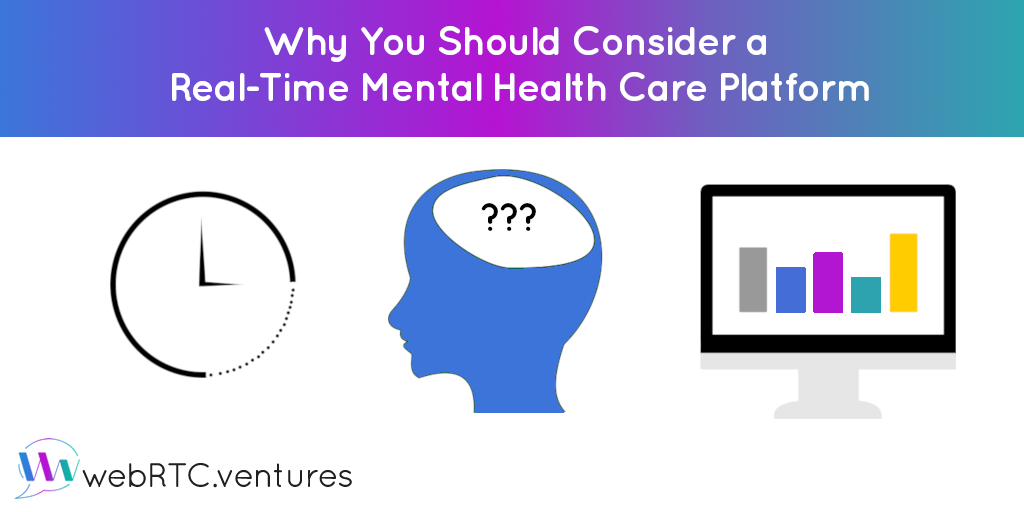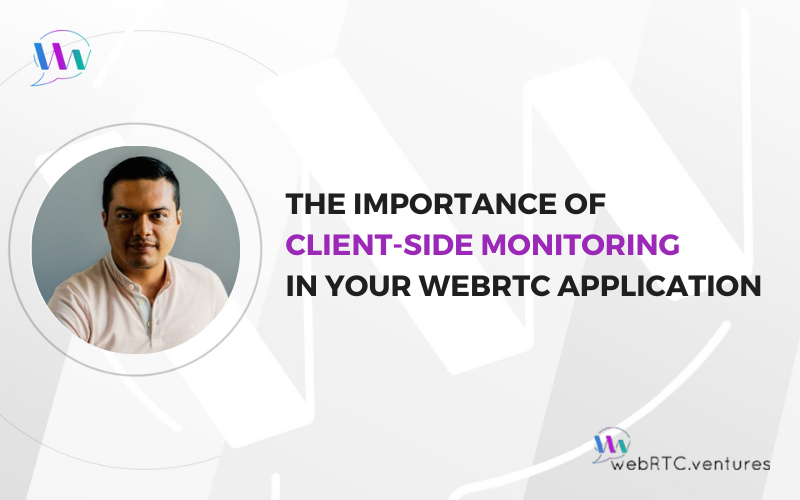Mental health is an important topic today. Chances are that you or someone you know has experienced mental health issues at least once. This post will explore the importance of real-time mental health care and how technology can help to improve the mental wellness of patients.
Why a Real-Time Mental Health Platform?
Outcome monitoring and feedback systems on therapeutic processes have become popular and have been adopted by many mental health providers all over the world. However, despite its benefits, these don’t seem to be implemented widely in psychotherapy.
Those who implement it are doing it infrequently and on a non-regular basis, often before or after a therapy session. The problem with this approach is that patients usually experiment memory biases, distortion by state-dependent memory effects in distal settings or the need for implicit averaging over many events or days, which could decrease the quality of the information provided.
In order to avoid those issues and get deeper and better insights of human change processes, it is important to perform frequent, continuous and equidistant measurements. Real-time technologies allow you to achieve this.
Modern devices such as smartphones, tablets or laptops yield easy access to questionnaires whenever and wherever is needed, and thanks to the wide availability of biosensors, patients can easily track their vitals at home, allowing monitoring to happen daily instead of monthly.
Benefits and Challenges of Real-Time Mental Health Care
Real-time mental health care helps patients to manage their health outside the doctor’s office and allows clinic staff to keep in touch with patients when and wherever they need help.
This kind of mechanism improves engagement between clinic and patients, permitting that health providers check patient’s medication compliance, sleep habits, diet, activity and moods.
Gathering data from a patient’s home not only contributes to augment and improve care management but also to identify and react to shifts in his mood or activities. Real-time monitoring becomes a life-saving technology when a patient experiments a crisis.
The most challenging part of a real-time monitoring for mental health implementation lies in how health providers deal with the learning curve of the technology for both the patients and the staff itself. A good planning and communication between both parts is crucial to overcome such issues. Also important is choosing a development company that will be with you every step of the way in the onboarding process.
Another important thing to consider is which and how much data should be collected. Such information must be relevant and actionable. Too much of it can overwhelm doctors and too little simply won’t fulfill its duty properly.
What’s the Role of Technology?
A real-time mental health care platform with the right features makes the difference between a successful implementation and an unsuccessful one. What are those features and what is technology behind them?
Messaging and video conference capabilities are critical as they represent the main communication channel with the patient. Such features, integrated with a scheduling system provides both providers and patients with a powerful tool that enables communication daily and therefore, improves tracking of treatment progress.
WebRTC is the leading technology for incorporating video and audio features into web and mobile applications. Two great examples of these are our licensed telehealth and telemental products, UniCustomer Care and UniWellness, which include such capabilities and can be integrated quickly to any kind of workflow as they are already built. These already-built platforms are built under your label and brand.
Feedback systems can be integrated into mobile applications that allow patients to answer questionnaires daily. In addition to that, these mobile apps can provide medication reminders and integration with vital signs track devices via Bluetooth.
Conclusion
It is clear that real-time mental health monitoring contributes considerably into the recovery of patients. By implementing the right technology it’s possible to overcome the challenges that such mechanism implies.
Want to learn more?
Contact us today to learn more about our already-built mental health platform. Don’t forget to request your free demo.




